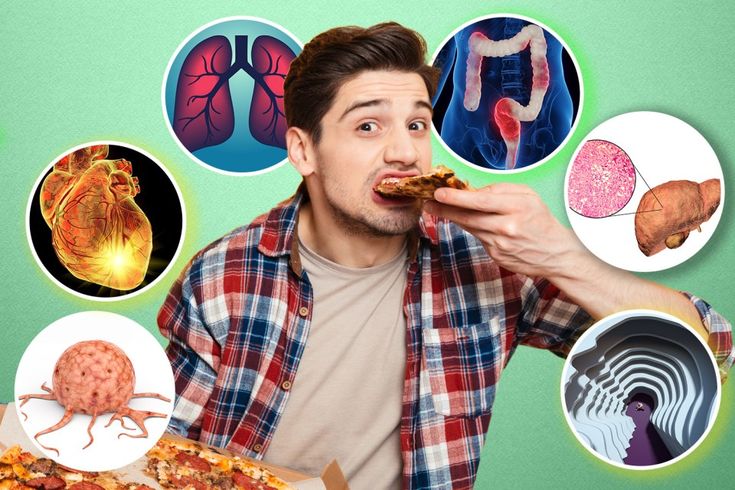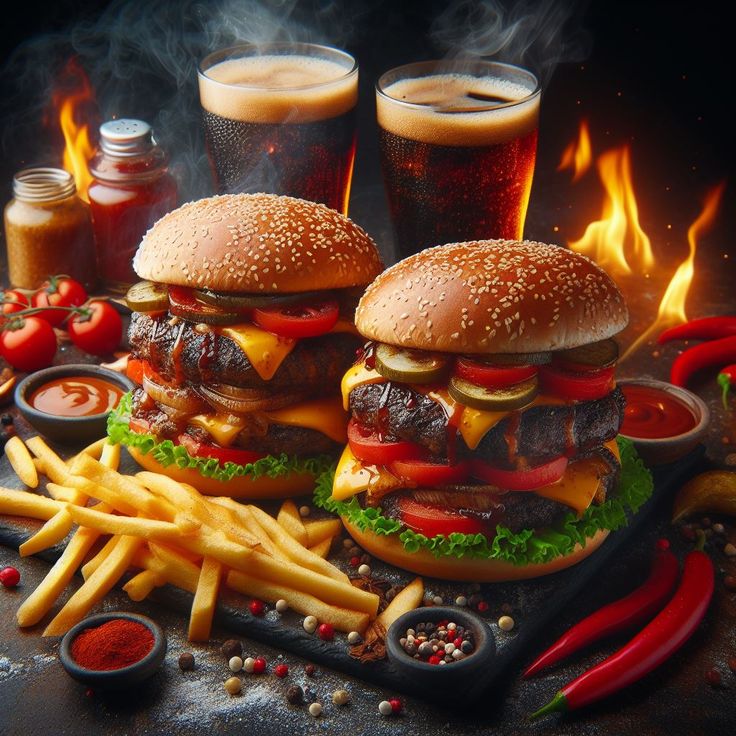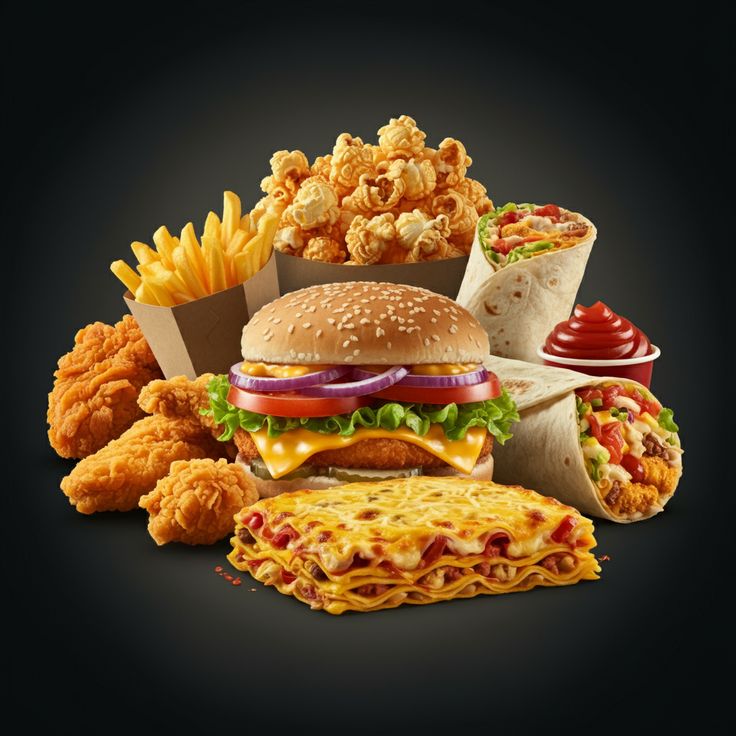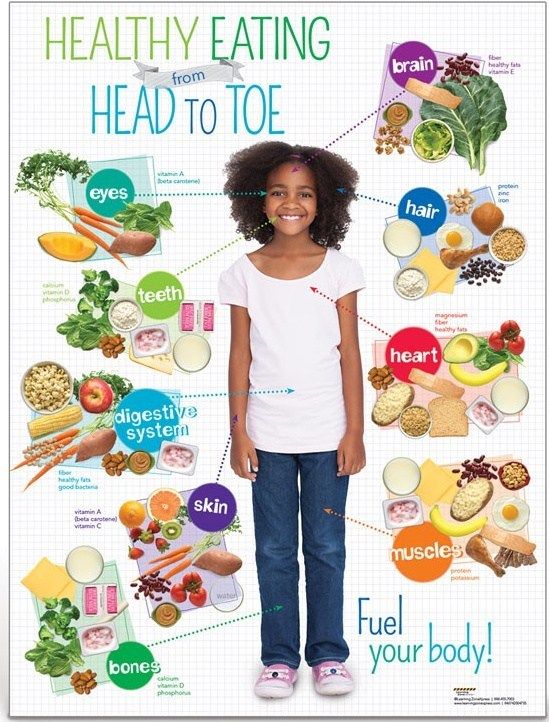Learn about the dangers of eating junk food consuming on your health. Find out how eating fast food and processed snacks can affect your health and well-being and what to do instead.

Overview: The Junk Food Problem
Junk food is widespread in today’s fast-paced environment, from drive-thrus to vending machines. It’s cheap, tasty, and practical. However, there are significant health dangers hidden behind the sugary sodas and crispy fries. Frequent junk food consumption can harm your health and mind over time.
This post will discuss the hidden dangers of eating junk food, how it affects your health, and why it’s worthwhile to choose healthier options


Junk food: what is it?
Junk food is defined as highly processed foods that are low in vital nutrients and rich in calories, sugar, salt, and harmful fats. Typical instances consist of:
- Sugary beverages (energy drinks, soda)
- Fast food (fried chicken, fries, and hamburgers)
- Snacks that are packaged (chips, cookies, sweets)
- Meats that have been processed (deli meats, sausages)
- These meals are made to be addictive; they provide short-term pleasure but have long-term effects.

1. Gaining weight and being obese
Gaining unhealthily is one of the most direct risks of junk food consumption. Because junk food is high in calories and lacking in fiber, people tend to overeat it.
Insulin surges and fat storage are caused by high sugar and fat intake.
Insufficient satiety: Junk food does not provide you with sustained fullness.
A significant risk factor for diabetes, heart disease, and joint problems is an elevated chance of obesity.
2. A Higher Chance of Heart Disease
Trans fats, salt, and cholesterol are all abundant in junk food, and these factors can lead to cardiovascular issues.
decreases good cholesterol (HDL) and increases bad cholesterol (LDL).
causes elevated blood pressure
makes the arteries more inflammatory, which can lead to heart attacks and strokes.
3. Diabetes Type 2
Insulin resistance, a major contributing factor to Type 2 Diabetes, is directly caused by excessive consumption of sugary foods and beverages.
Blood sugar spikes are caused by high-glycemic meals.
Insulin function is hampered by excessive fat consumption.
One of the main risk factors for diabetes is obesity, which is fueled by junk food.

4. Issues with Digestion
Fiber is necessary for a healthy digestive system and is absent from junk meals.
may result in constipation.
raises the risk of gastrointestinal problems and acid reflux
makes your immune system weaker by encouraging harmful gut bacteria.
5. A decline in mental health
Your brain is influenced by what you consume. Research indicates a connection between mental health problems and diets heavy in processed foods.
raises the chances of anxiety and despair.
6. Damage to the Liver and Kidney
Just like alcohol, eating too much junk food can damage your kidneys and liver.
AFLD, or non-alcoholic fatty liver disease, is prevalent in people who consume junk food.
The kidneys are stressed by high sodium levels, which raises the risk of renal disease.
7. Immune System Weakness
- Your body’s defenses are weakened by inadequate nutrition.
- makes one more open to infections
- deeper restoration periods and slower wound healing
- Lack of important nutrients such as antioxidants, zinc, and vitamin C
8. Cravings and Addiction
Junk food is designed with addiction in mind.
Like drug use, it causes the release of dopamine.
causes food and binge eating.

Tips to Break Free from Junk Food
- Plan your meals to avoid impulsive eating
- Stay hydrated—thirst is often confused with hunger
- Read labels and avoid artificial ingredients
- Keep healthy snacks like fruits and nuts on hand
- Practice mindful eating—slow down and enjoy your food.



Conclusion: Choose Health Over Convenience

The dangers of eating junk food go far beyond weight gain.
From heart disease to mental health issues, junk food can silently sabotage your well-being. The good news? It’s never too late to make healthier choices. Start by cutting down processed foods and nourishing your body with whole balanced meals.


